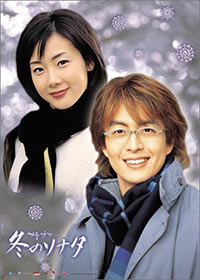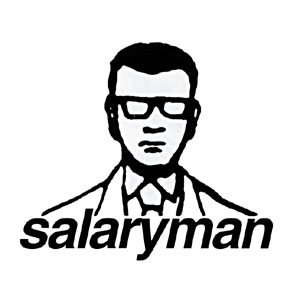Today marks an interesting 10-year anniversary: the first legal performance of a Japanese song in South Korea, when singer Tomoe Sawa performed several classic Japanese melodies including Furusato (Home Town) in a concert in Kwangju. Ever since the end of World War II, South Korea maintained an official ban on “cultural imports” from Japan, allowing no Japanese music, no Japanese-language manga or animation, and no films to be distributed inside their country as a way of protecting themselves from the strong influence of their island neighbor and former enemy. (I’m told that a healthy black market for JPOP and anime products always existed, if you knew where to look.). The government-approved performance was the beginning of a major shift in relations between the two countries, allowing many new kinds of trade to flow across the Sea of Japan (a name the Koreans hate, by the way). The result has been a renaissance of cultural exchange resulting in a flood of everything from popular South Korean Dramas to films to Winter Sonata-themed pachinko machines here, while Japanese singers like Gackt and many dramas and films have become popular in South Korea. Tourism between the two nations has blossomed, too, as Japanese feel more welcome in South Korea and vice-versa. Being an outsider to both countries, I’m aware of how inadequate my overall understanding of the Japan-Korea relationship is. I do know, however, that the old slogan of “world peace through shared popular culture” is totally true, and just as Japan’s international standing has been raised by people around the world embracing its culture as their own, South Korea has a lot to gain by opening up and sharing with Japan.
















